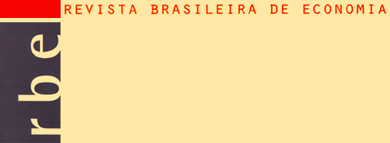This paper investigates the behavior of the country risk premium for Argentina, Brazil and Mexico, from June 1997 to September 1998. It shows that the level of country risk premium is determined by different factors: the US dollar bond market structure; restrictions on the acquisition of emerging market bonds imposed by developed nations regulators; the credit risk measured by the notion of implied risk-neutral probability default; the different ways agents react to country risk due to asymmetric and imperfect information. The empirical investigation shows: the worse the country credit rating, the greater is the impact on international borrowing cost, which implies that negative expectations have greater impact on lower rated Latin American nations' bonds; country risk yield spreads overreacted to changes in the US dollar interest rates in the sample period.
country risk; credit risk; interest rates; emerging markets; Latin America



















